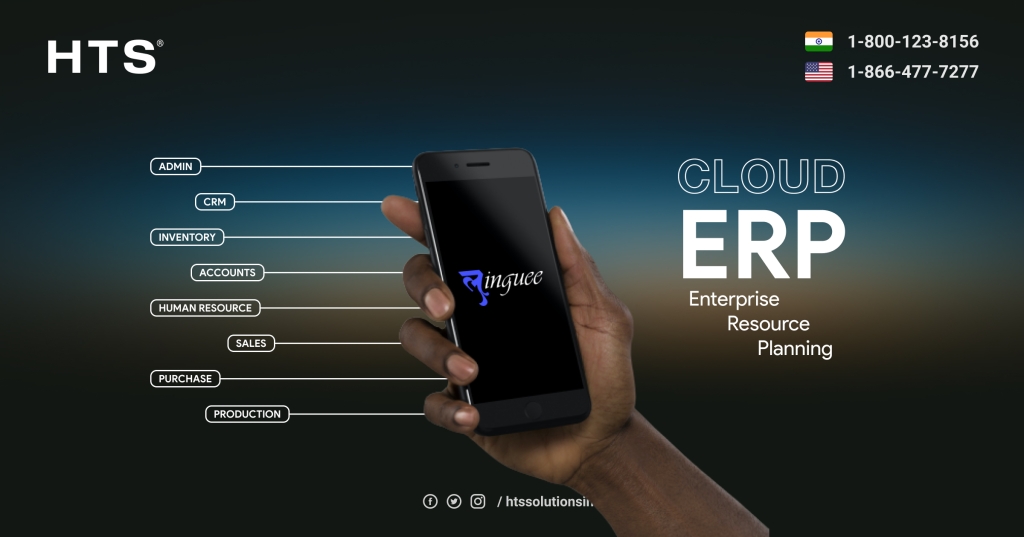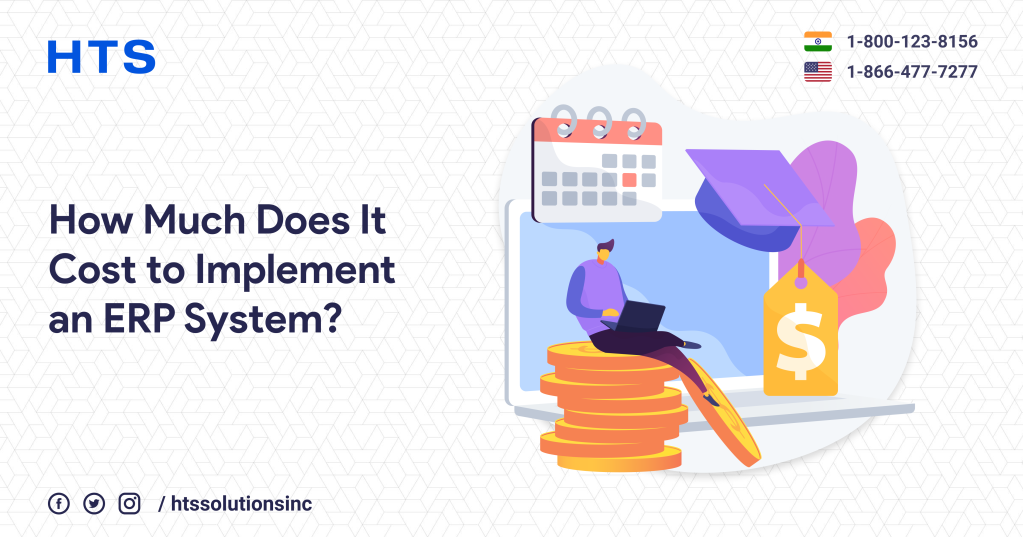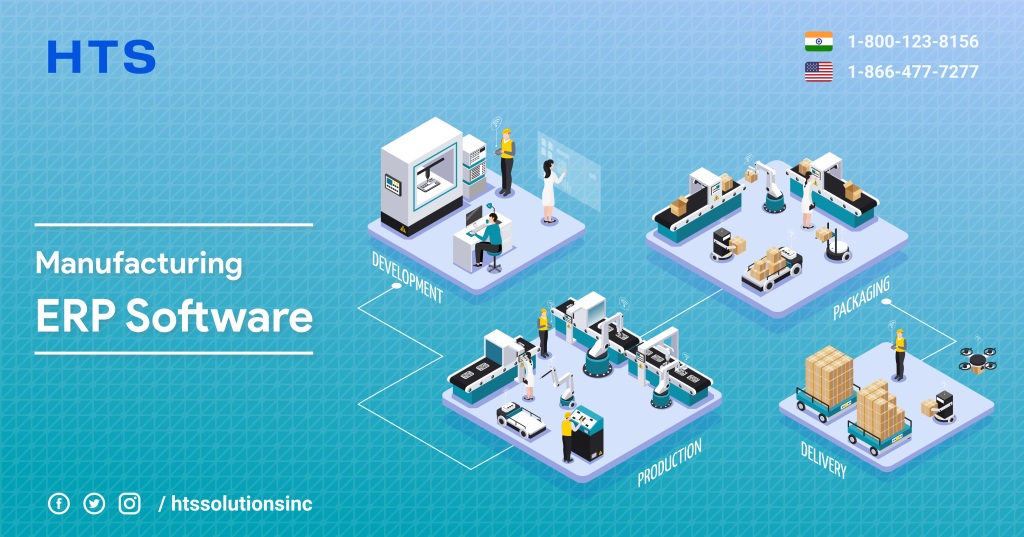
The popularity of ERP (Enterprise Resource Planning) software stems from its numerous benefits, which shall be revealed in this blog, especially with regard to the advantages that are conferred by it on the field of accounting.
What is an ERP?
Managing any business regardless of its size or its field, is a challenging task and organizations are always looking for solutions to simplify and make it more efficient. Enterprise Resource Planning software have been successful in providing tailor-made business management solutions to businesses of various sizes and from diverse industries. An ERP tool serves the purpose of integrating, automating, streamlining and managing the core business processes of an organization to ensure increased efficiency and a substantial amount of reduction in human errors. It collects, stores, interprets and manages data related to a wide range of business activities with the aid of a customized suite of integrated applications.
Every ERP solution provides certain benefits which are common to all industries. These benefits are accelerating response times, integrating databases and providing real-time data with regard to daily operations, streamlining as well as simplifying workflows which are lengthy along with monitoring and managing daily operations, enhancing productivity and operational efficiency, facilitating business data analysis so that informed decisions can be taken and meeting customer expectations. Moreover, it does away with data transfer that is chaotic along with security gaps and the probability of encountering human errors. These benefits are accomplished by an ERP tool by integrating various work processes into one system that can be accessed through a unified interface to save time and operational as well as administrative costs. Certain terms that are often associated with the best ERP solutions are the “Best ERP Accounting Software in India” and abroad, the “Best GST Accounting Software”, the “Best Customer Relationship Management Software in India” and globally.
An organization’s various departments use an ERP solution, which has a common and open database that is flexible enough to support all the applications. The administrative department, purchase, production, human resource, inventory, sales, customer relationship management as well as the accounts department are some of the departments of every organization that have consistently benefitted by using ERP solutions. In the following section the benefits that are provided by an ERP tool to an accounts department in particular, will be discussed in detail.
Advantages of ERP-based Accounting
Accounting and financial services are provided by a company’s accounting department. There are numerous benefits that an ERP solution provides to an organization’s accounting department. One of its main benefits is that it integrates and manages all the accounting related requirements. It improves cost accounting making it possible to define budget accurately as well as allocate properly the costs that have to do with labor, transportation, raw material etc. An ERP tool manages client’s payment schedules, automates reminders, tracks revenue and aids in credit management throughout a business.
ERP solutions produce and provide various types of detailed financial reports which help in managing a business more efficiently. Some of these reports are those that are about cash flow projections, which are based on inventory management and the status of orders. An ERP tool is known to provide automation that enhances productivity. Easy to use payment systems that are automated ensure that billing, payments as well as revenue management become simple and easy. Its increased tracking capabilities aid in tracking investments, profit, budgeting, invoices and much more. It reduces human errors significantly as well as the need to maintain paper files and eliminates duplicate data entry resulting in a data entry process that is fast as well as consistent. An Enterprise Resource Planning software ensures that there is round the clock access to accounting data. Moreover, financial data can be kept confidential by it by enabling access to it that is selective. ERP has become an indispensable part of the accounting departments of the modern business world by ensuring that data integration is seamless along with providing a plethora of advantages.
Source: https://www.linguee.in/blog/2021/03/10/benefits-of-using-erp-for-accounting/



